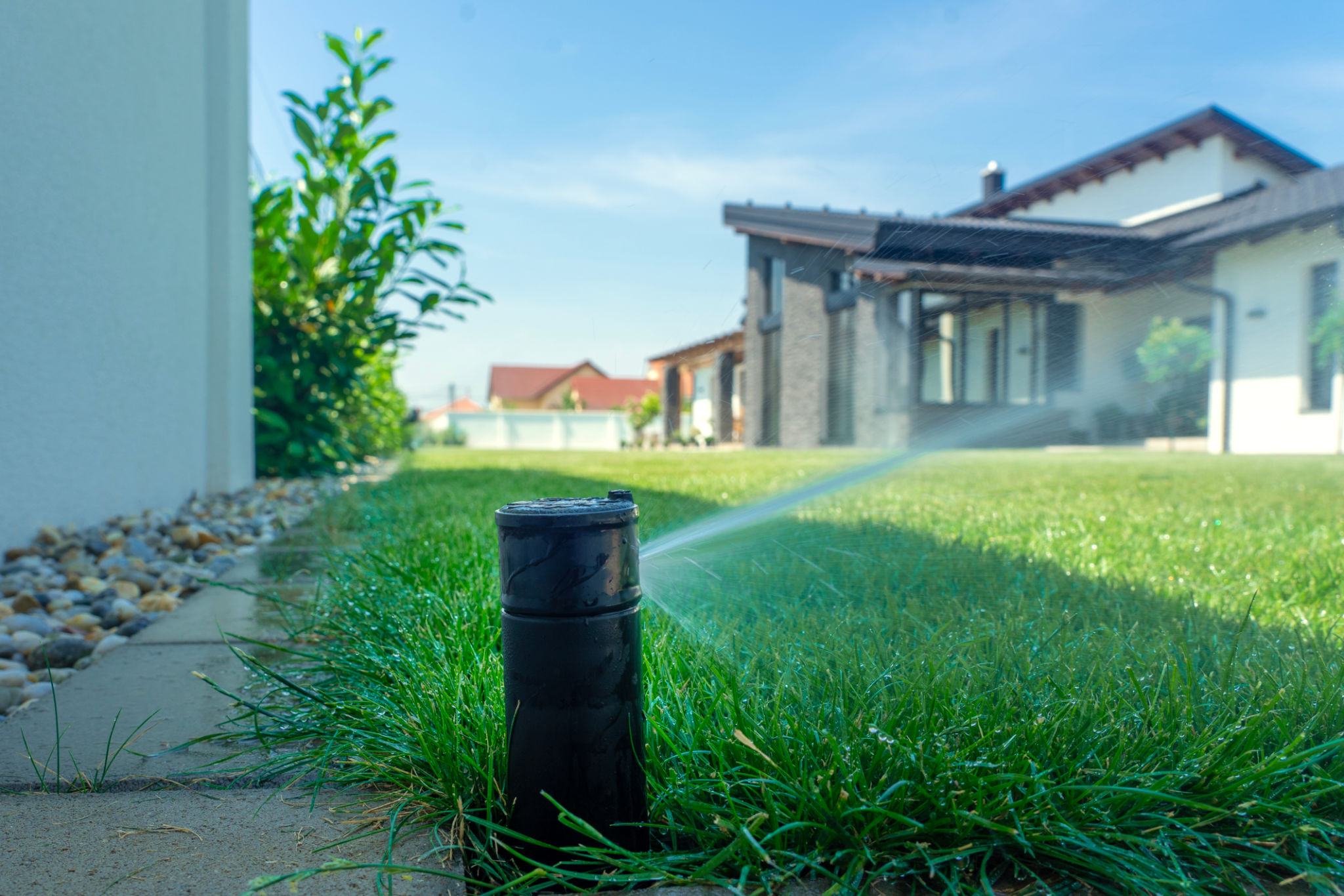Eco-Friendly Lawn Care Solutions for a Greener Minnesota
Why Choose Eco-Friendly Lawn Care?
As awareness about environmental sustainability grows, many homeowners in Minnesota are seeking ways to adopt more eco-friendly practices, especially when it comes to lawn care. Traditional methods often rely on chemical fertilizers and pesticides that can harm local ecosystems. By choosing environmentally friendly alternatives, you can maintain a lush lawn while protecting the environment.

Natural Fertilizers for a Healthy Lawn
Natural fertilizers are a cornerstone of sustainable lawn care. They provide essential nutrients without the harmful side effects of synthetic options. Compost and manure are excellent choices, as they enrich the soil and improve its structure. Additionally, slow-release fertilizers made from plant-based materials offer a steady supply of nutrients over time.
Using natural fertilizers not only promotes healthier grass growth but also supports beneficial soil organisms. These organisms play a vital role in breaking down organic matter, which enhances soil fertility and resilience.
Water Conservation Techniques
Water conservation is an essential aspect of eco-friendly lawn care. In Minnesota, where climates can vary greatly, efficient water use is crucial. Implementing smart irrigation systems can help manage water usage by adjusting watering schedules based on weather conditions.

Another effective method is to practice xeriscaping, which involves selecting drought-tolerant plants that require less water. This approach not only conserves water but also reduces maintenance efforts.
Embrace Organic Pest Control
Pests can be a common challenge for lawns, but there's no need to resort to harsh chemicals. Organic pest control methods are not only safer for the environment but also effective in managing unwanted insects. Introducing beneficial insects like ladybugs or using neem oil can keep pest populations under control without harming beneficial species.
Additionally, maintaining healthy soil and grass can naturally deter pests, as robust plants are less susceptible to infestations.

Implementing Sustainable Landscaping Practices
Sustainable landscaping goes beyond just the lawn. Consider integrating native plants into your landscape design. Native species are well-adapted to the local climate and require less water and maintenance than non-native plants. This helps create a biodiverse environment that supports local wildlife.
The Benefits of Mulching
Mulching is an excellent practice for eco-friendly lawn care. By spreading organic materials like grass clippings, leaves, or wood chips over the soil surface, you can retain moisture, suppress weeds, and improve soil quality. Mulching also reduces the need for chemical herbicides and fertilizers.
Incorporating these eco-friendly lawn care solutions not only contributes to a greener Minnesota but also creates a healthier outdoor space for you and your family to enjoy. By making small changes today, you can make a significant impact on the environment for future generations.
